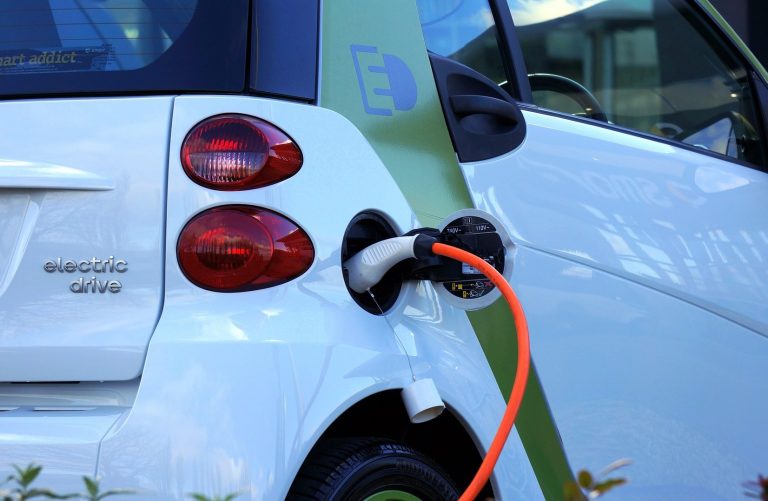After the COP26 summit closes after a week of plans to accelerate the goals of the Paris Agreement to tackle climate change, is now the time to accelerate away in a new electric car?
It is anticipated that, by 2026, electric vehicles will account for a fifth of all new car sales and the ban on the sale of fossil fuel cars has now been brought forward to 2030. With brands such as Audi, Mercedes and BMW introducing all-electric models, and the advancements in battery range, the electric car market has become more appealing to the average household.
Although electric models can be quite expensive, below we look at the tax advantages of electric car ownership which may just even the playing field.
Employee ownership
If a company provides an electric company car to an employee, if the electric car is new and unused, the company can claim tax relief on 100% of the cost of the car (18% if purchased second hand).
All maintenance costs, including insurance, can be offset against profits.
The employee will pay income tax on the benefit in kind but the BIK is currently calculated at the very low rate of 1% of list price for 2021-22 and 2% of list price from the 2022-23 to the 2024-2025 tax year. Employers Class 1A NIC will be due on this amount so a PAYE scheme will be needed. Additionally, no car fuel benefit applies as tax law does not currently treat electricity as a fuel.
The company can provide workplace charging facilities, without a benefit arising, provided these facilities are at or near the workplace, are available to all employees and are for the battery of a vehicle in which the employee/director is either the driver or passenger.
An employer can, for electric company cars, pay for a vehicle charging point at the employee’s/director’s home without a taxable benefit arising.
Similarly, a charge card can be provided, without benefit, to allow access to commercial charging points. Alternatively, an advisory fuel rate of 4p per business mile travelled is available.
Relief is also available for self-employed business owners against their profits with a restriction for any private use of the vehicle.
Salary sacrifice schemes
A car salary sacrifice scheme is an agreement between the employer and employee to reduce an employee’s salary in return for the use of an electric car.
Salary sacrifice schemes for electric cars can be tax-efficient due to the savings in income tax and national insurance contributions and the low benefit in kind rates mentioned above.
As HMRC no longer provides advance approval of these schemes, it is advisable to obtain external assistance with the implementation and subsequent running of such schemes.
Grants and other benefits
- Certain low emission cars benefit from a grant from the government of up to £2,500
- Currently, there is no vehicle excise duty charge applies for fully electric vehicles
- If the car is leased, half of the VAT can be recovered. VAT can also be recovered on charging points installed at an office
- Grants of up to £350 per socket are available for up to 40 charging points at an office. Similar grants are also available for home installations
If you would like to find out more about the tax benefits of electric cars, please get in touch with your usual contact at BHP.



